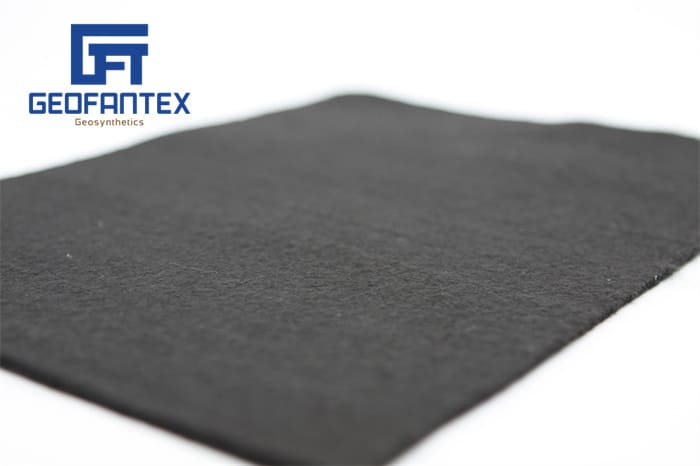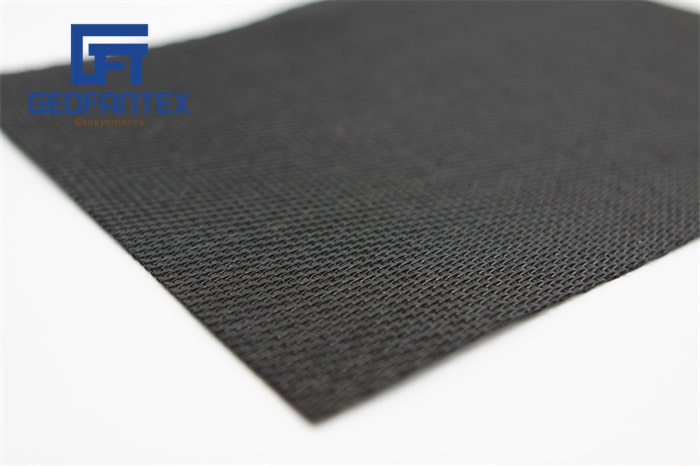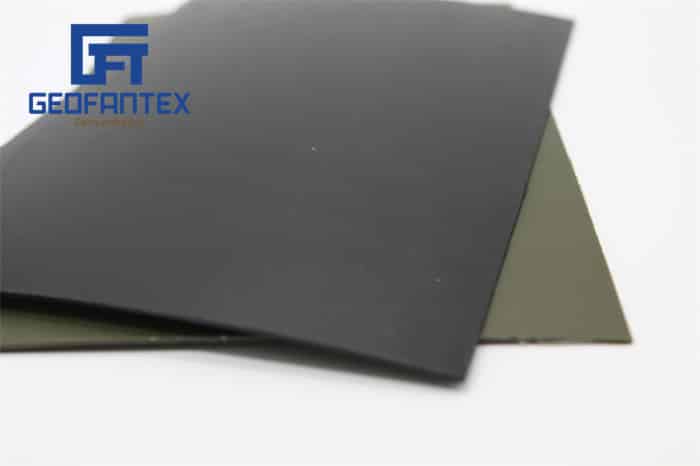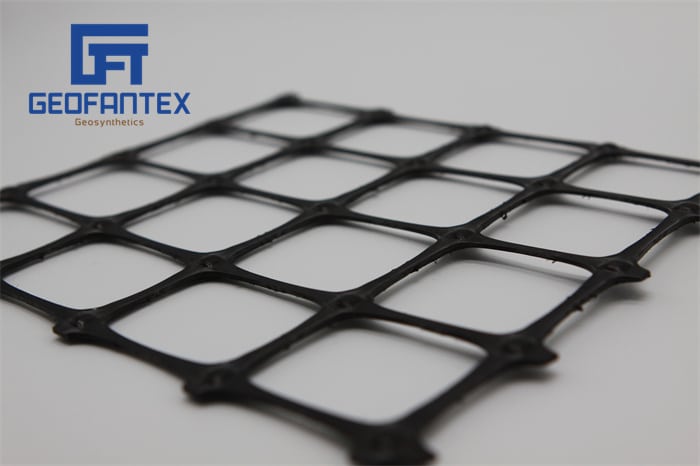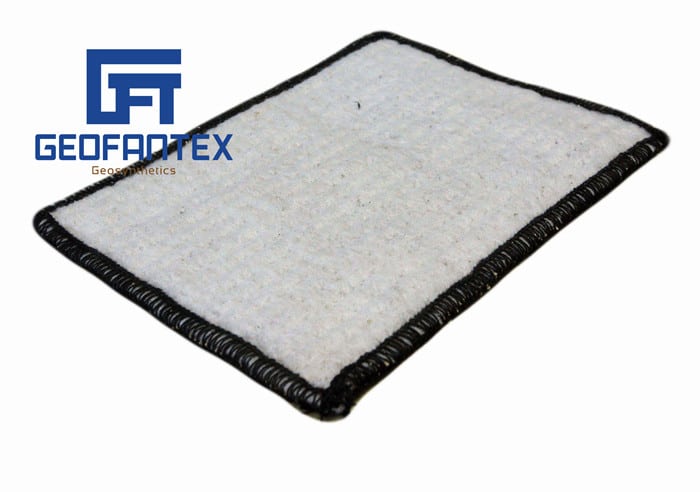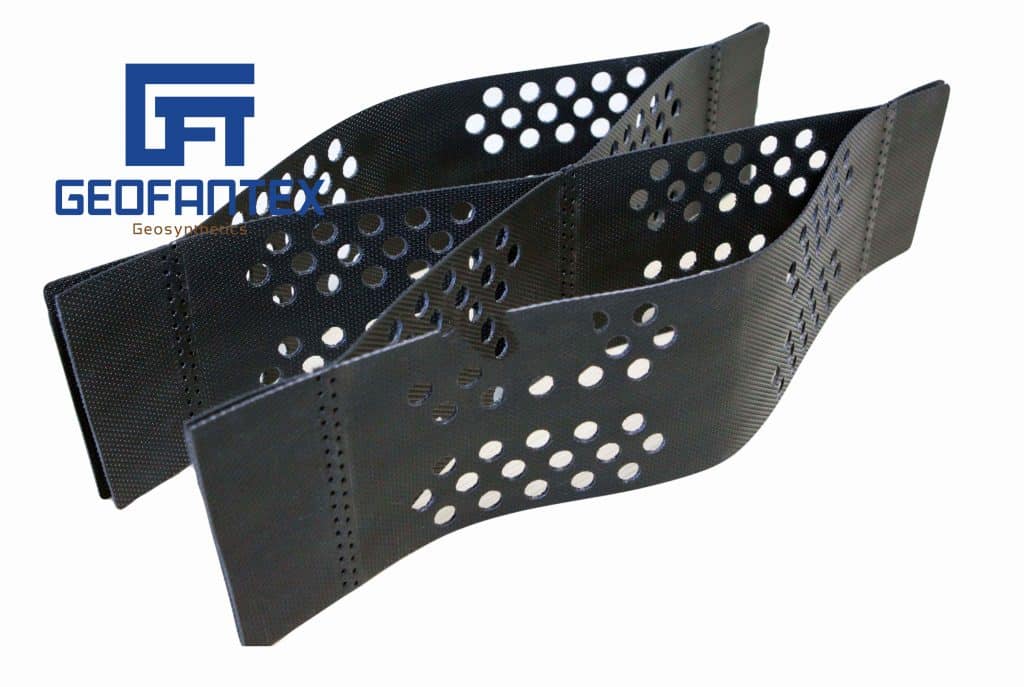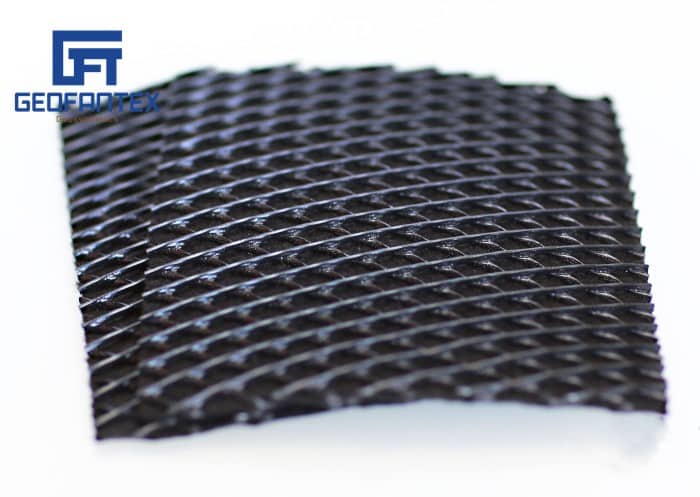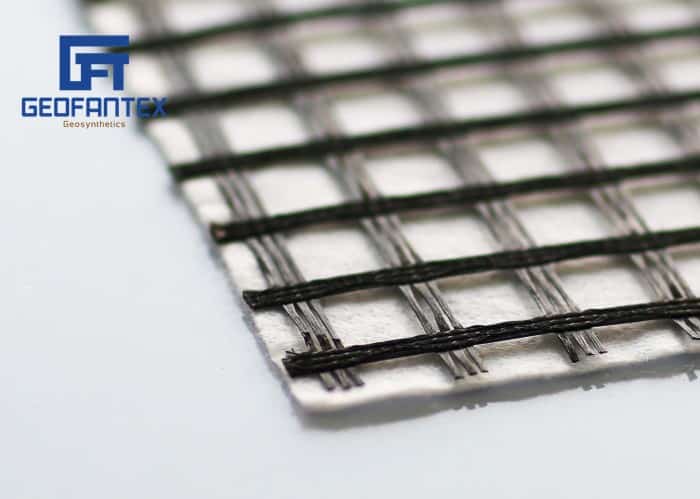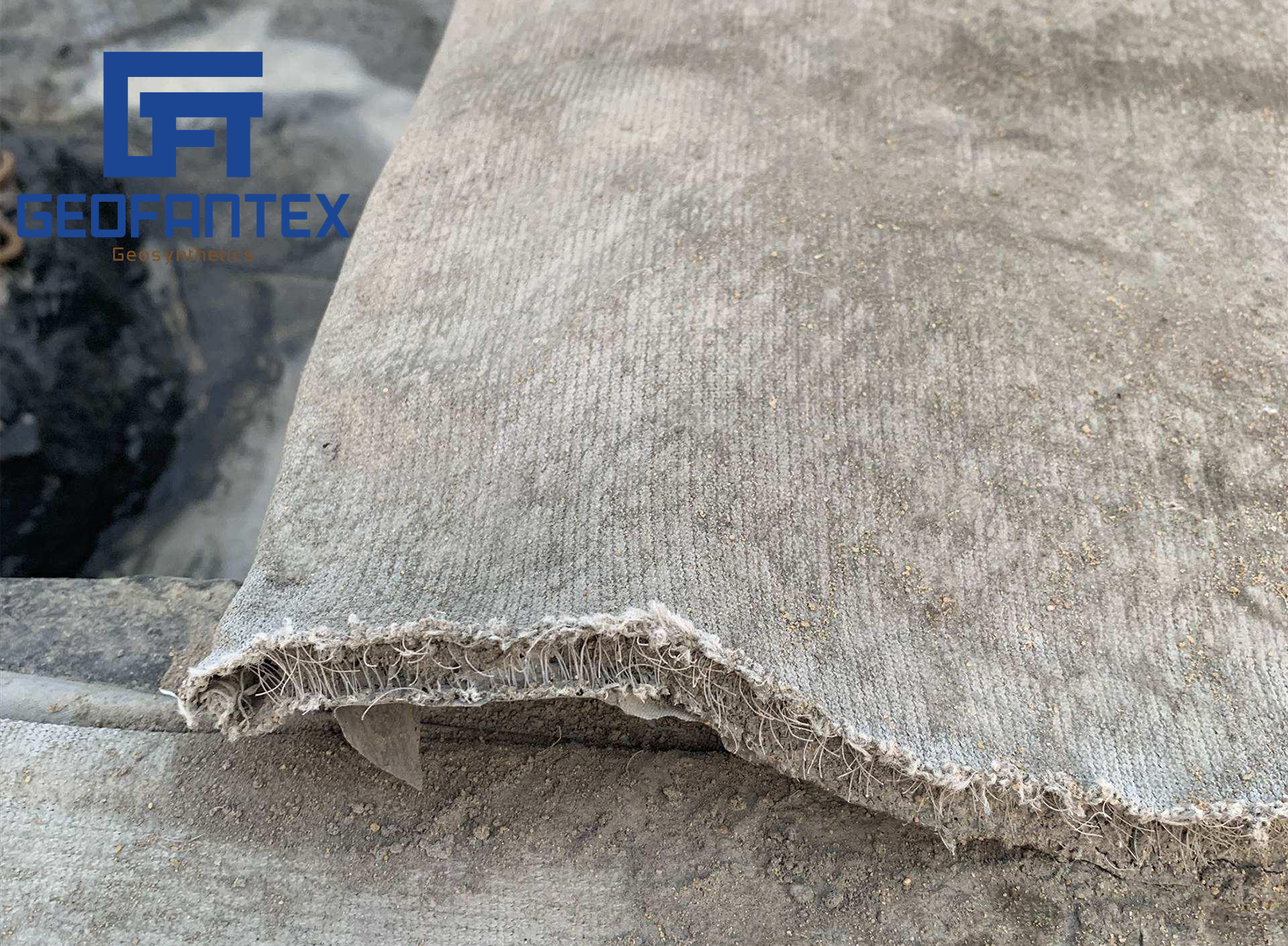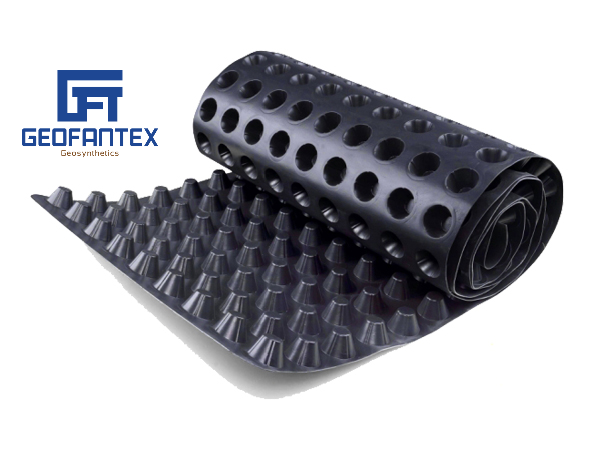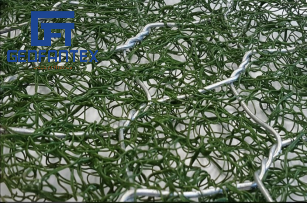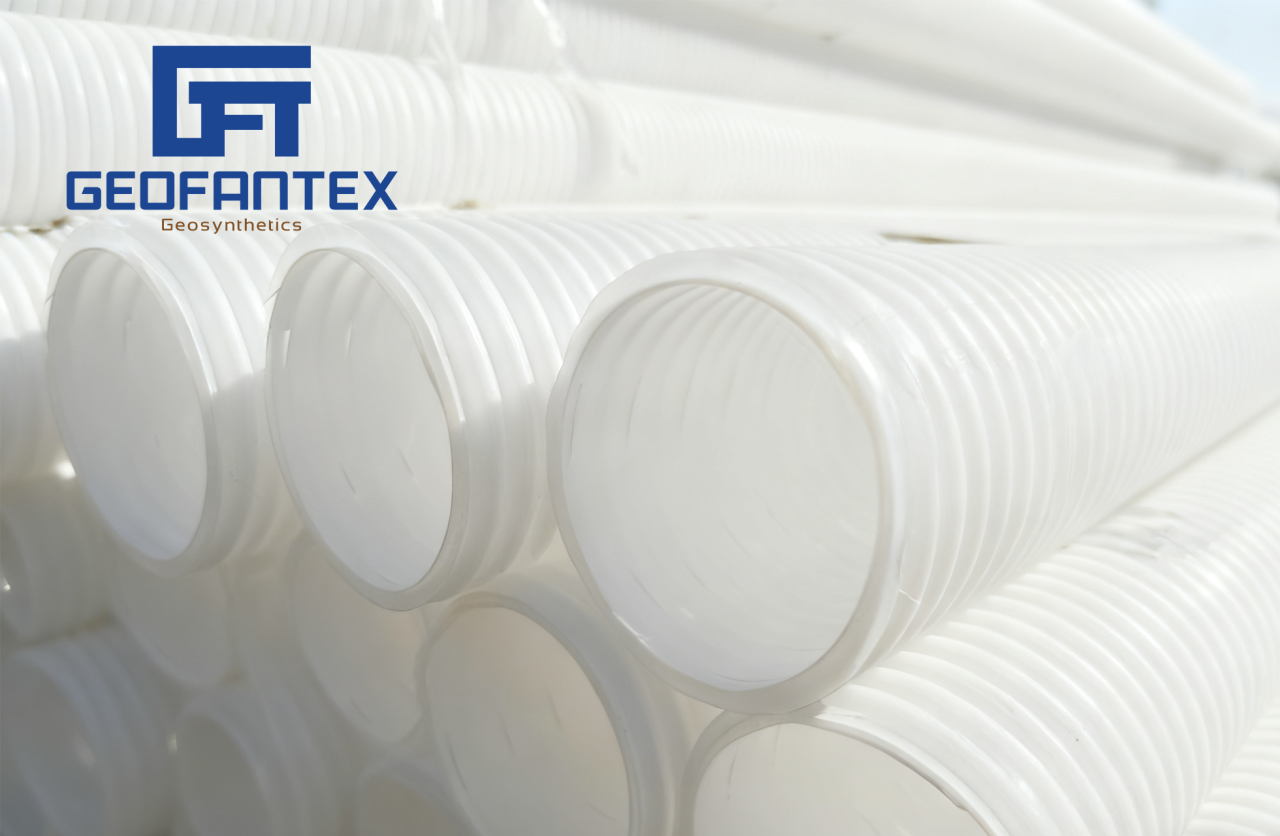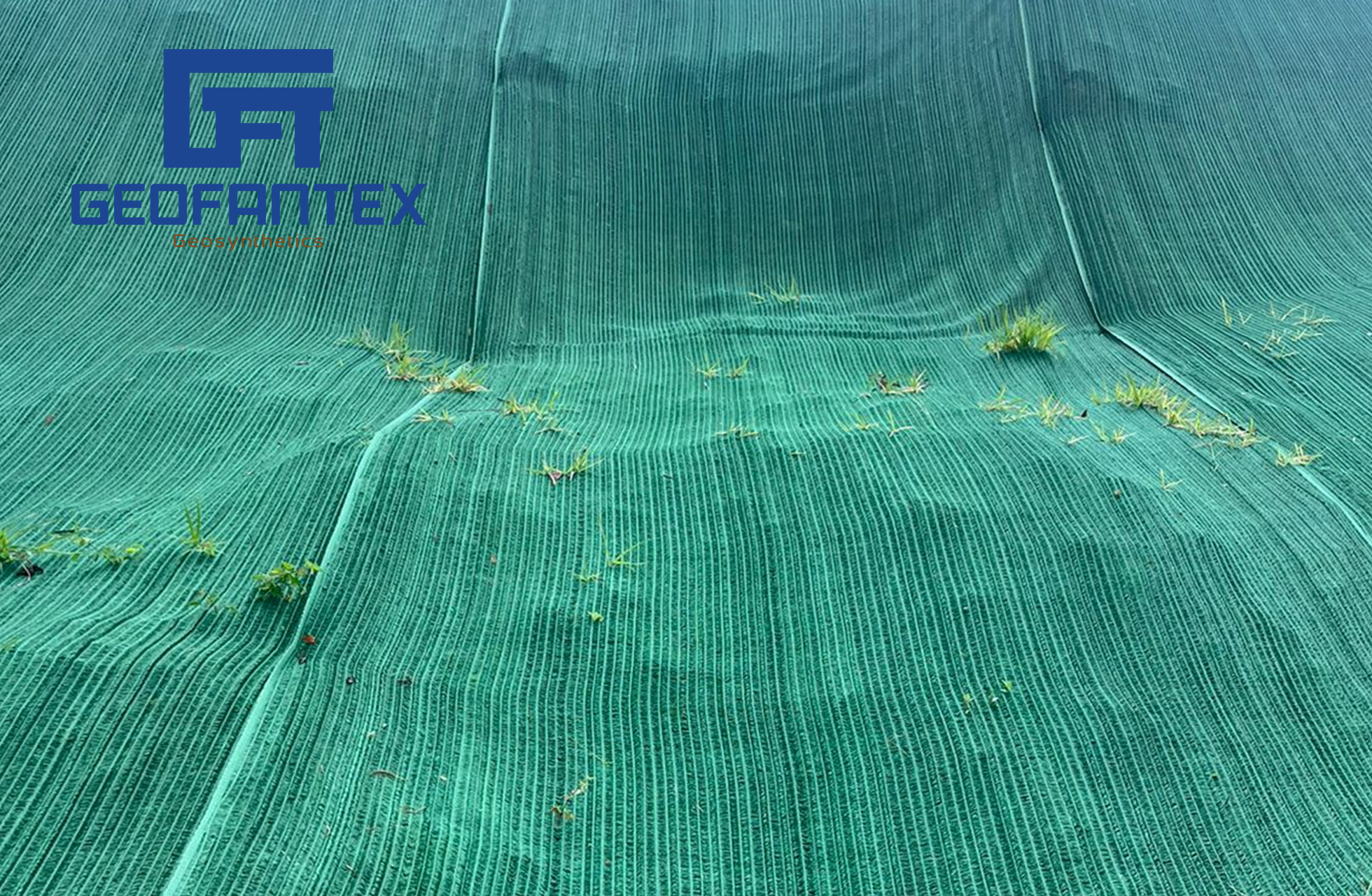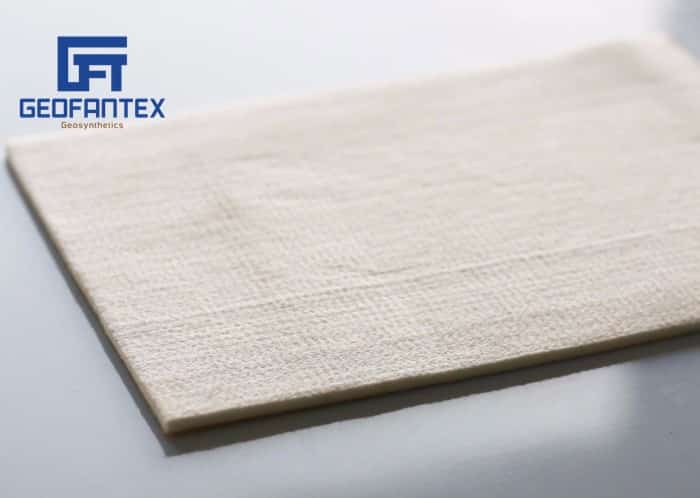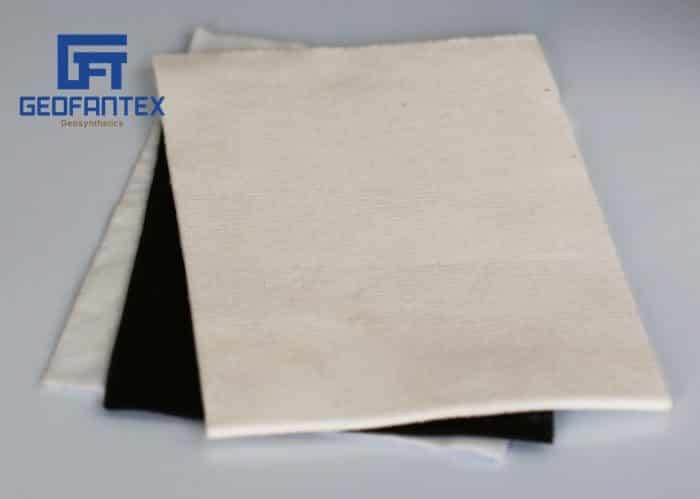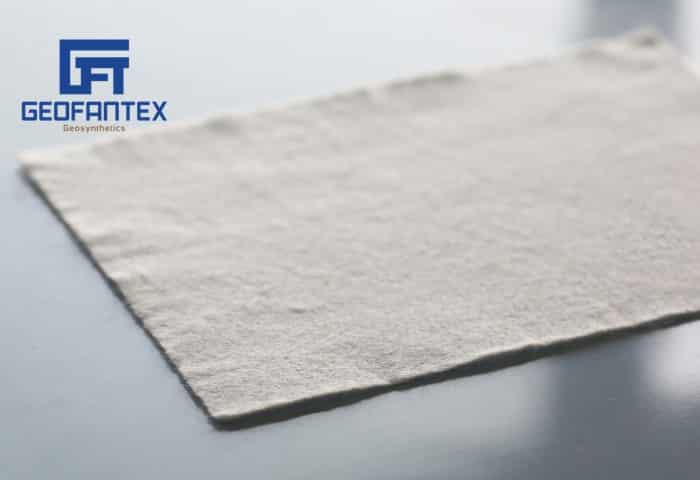+86-159 9860 6917
info@geofantex.com
geofantex@gmail.com
+86-400-8266163-44899
Geomembranes are highly durable synthetic membranes used to control the flow of liquids or gases in various industrial and environmental applications. These materials, often made from high-density polyethylene (HDPE), polyvinyl chloride (PVC), or other polymers, are commonly used in landfills, water reservoirs, and mining operations to create impermeable barriers. Their durability is a critical factor in ensuring the long-term safety and effectiveness of these projects. In this article, we explore the lifespan, waterproofing capabilities, and overall benefits of geomembranes.
What is the life expectancy of a geomembrane?
The life expectancy of a geomembrane can vary depending on several factors, including the material type, environmental conditions, and the specific application. Generally, high-quality geomembranes like those made from HDPE can last 50 to 100 years, or even longer, under ideal conditions. In less favorable environments, such as those with high UV exposure or chemical stress, the lifespan may be reduced, but modern geomembranes are designed to withstand such challenges.
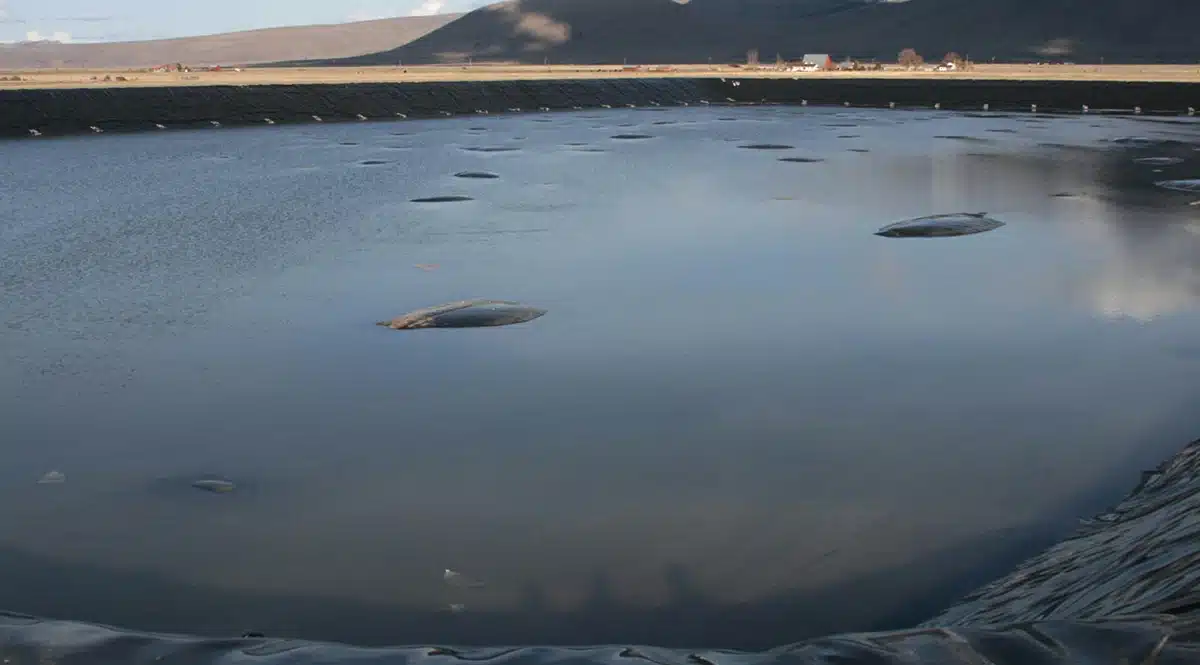
What is the service life of geomembranes?
The service life of geomembranes refers to how long they can perform effectively in their designated role, such as lining a landfill or covering a pond. Many geomembranes, especially those made from HDPE, offer a service life that can range from more than a century or less than a decade, depending on environmental conditions and usage. Typically, they last 50 to 100 years, thanks to their resistance to UV radiation, chemicals, and mechanical stress. Proper installation and regular maintenance can further extend the service life of geomembranes in various applications.
Is geomembrane waterproof?
Yes, geomembranes are designed to be completely waterproof. One of their primary functions is to create an impermeable barrier that prevents the passage of liquids or gases. As a waterproof barrier in hydraulic works, geomembranes are ideal for applications such as lining ponds, reservoirs, and landfills, where water or hazardous waste needs to be contained. The material’s inherent waterproofing properties ensure that geomembranes provide reliable protection against leaks, even in harsh environmental conditions.
What are the benefits of geomembrane?
Geomembranes offer several key benefits, including:
| Durability | With resistance to chemicals, UV radiation, and mechanical damage, geomembranes are built to last for decades. |
| Waterproofing | They provide a highly effective barrier against water and other fluids, making them ideal for containment systems. |
| Cost-efficiency | While the initial investment may be high, their long lifespan and minimal maintenance requirements make geomembranes a cost-effective solution in the long run. |
| Versatility | Geomembranes can be used in a wide range of applications, from lining landfills to containing mining waste or creating water storage systems. |
Geomembranes are highly durable, waterproof materials that play a critical role in various environmental and industrial projects. With a life expectancy of 30 to 50 years or more, and a service life that can extend up to 100 years, geomembranes offer long-term solutions for water containment and waste management. Their ability to resist harsh environmental factors, combined with their cost-effectiveness and versatility, makes them an essential component in modern construction and environmental protection projects.
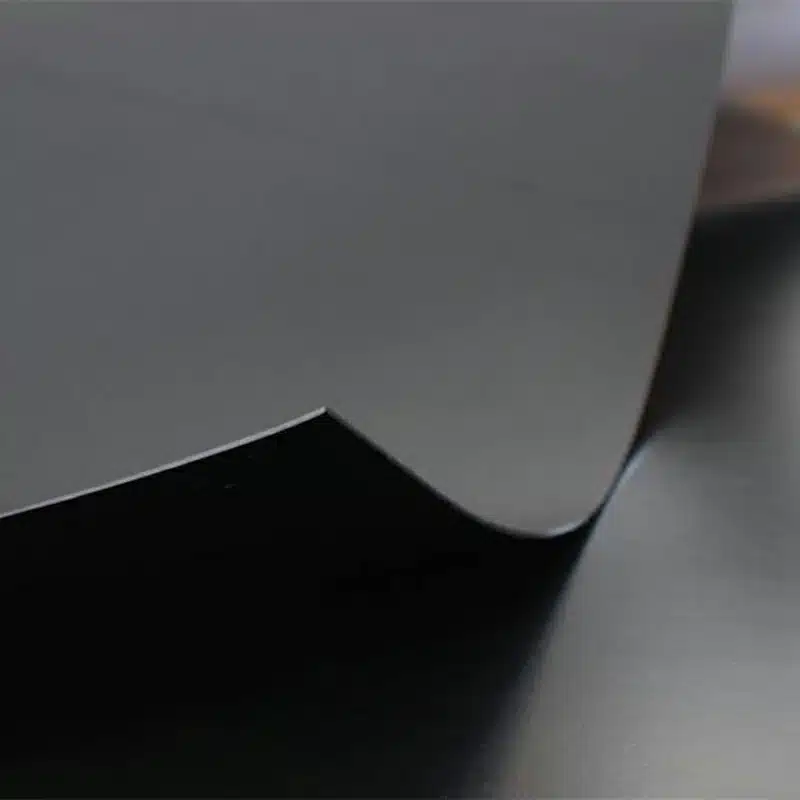
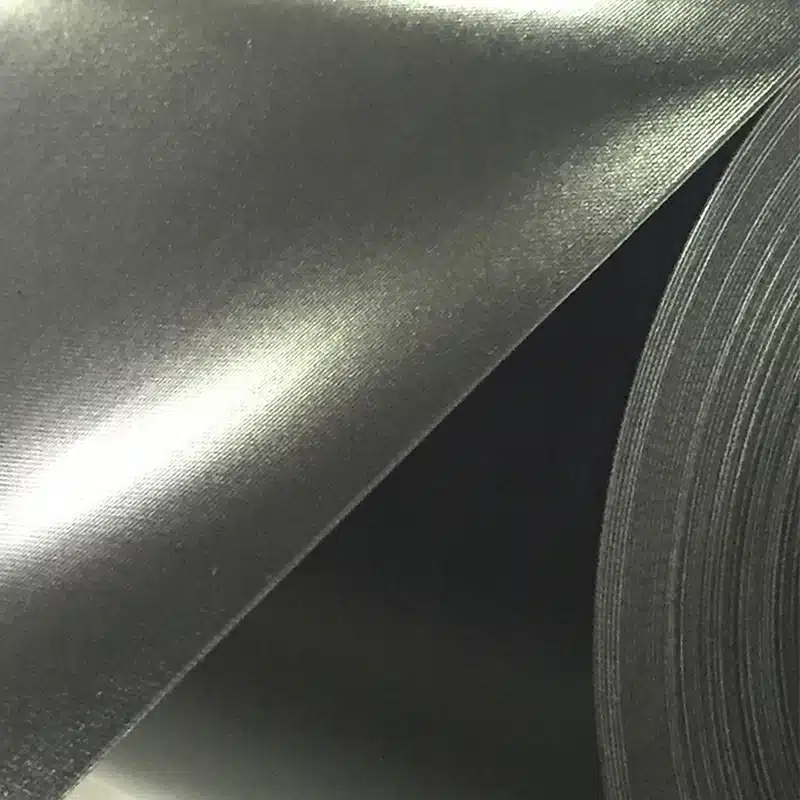

Get Free Sample
We’ll respond as soon as possible(within 12 hours)

